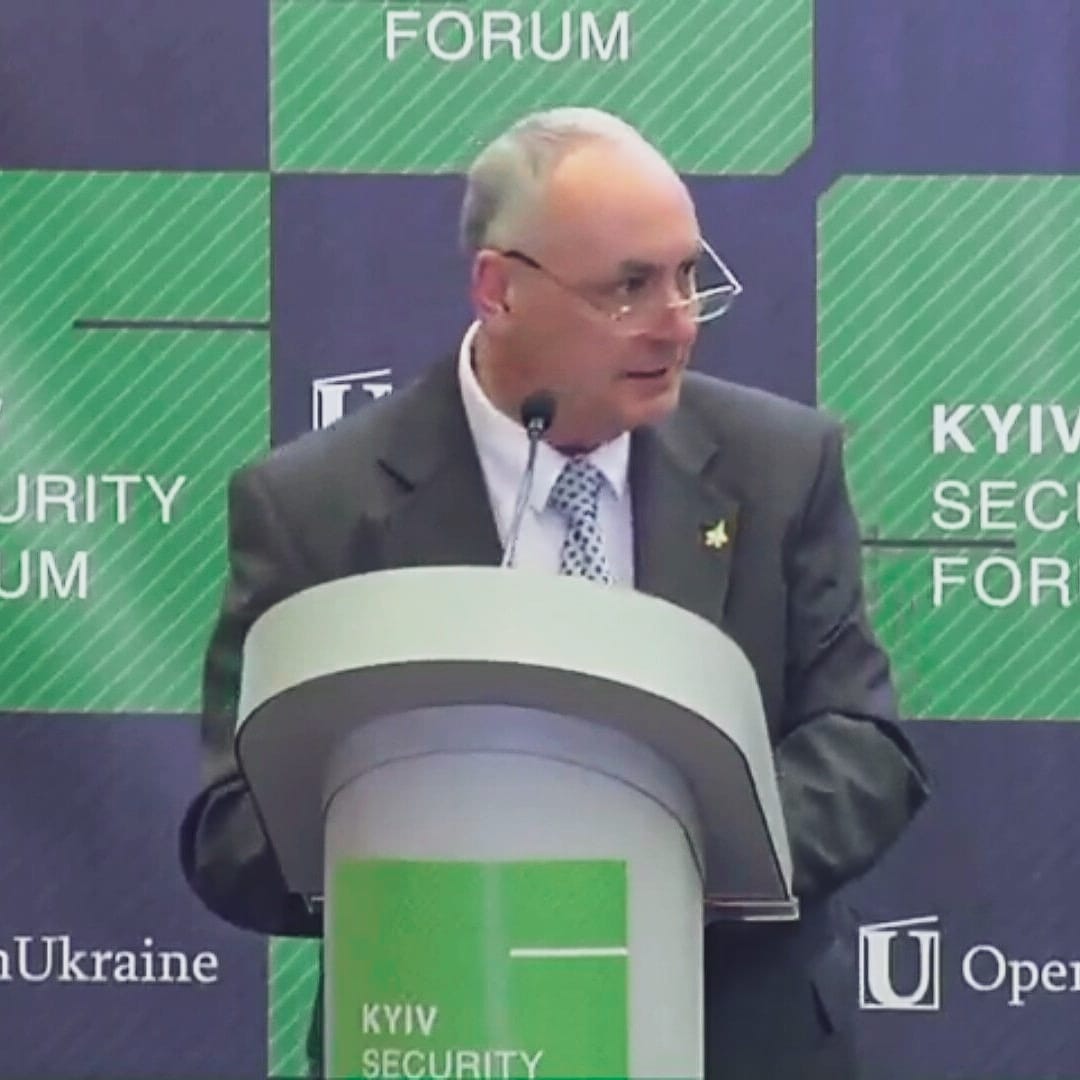Addressing the Lack of European Security: "The Imperative for Swift Action" ECIPS President Baretzky
Addressing the Lack of European Security: “The Imperative for Swift Action” ECIPS President Baretzky
The issue of security in Europe has become increasingly pertinent in recent years, with the continent facing numerous challenges ranging from terrorism and cyber threats to geopolitical tensions. As President Baretzky of the European Centre for Information Policy and Security (ECIPS) rightly pointed out, there is a pressing need for the European Union (EU) to step up its national security efforts and prioritize the safety of its citizens. In this article, we will explore the various dimensions of the security challenges facing Europe and the urgency for proactive measures to address them.
The Current Security Landscape in Europe
Europe finds itself in a complex security environment characterized by both traditional and non-traditional threats. Terrorism remains a significant concern, with recent attacks in major European cities serving as grim reminders of the persistent threat posed by extremist ideologies. Furthermore, cyber attacks targeting critical infrastructure, governmental institutions, and businesses have become increasingly frequent and sophisticated, posing serious challenges to European security and economic stability.
Moreover, geopolitical tensions, both within the continent and beyond, have further exacerbated the security situation in Europe. The ongoing conflict in Ukraine, the resurgence of Russian assertiveness, and the uncertainty surrounding Brexit have all contributed to a sense of instability and insecurity in the region.
The Importance of Strengthening European Security
In light of these challenges, President Baretzky’s call for the EU to prioritize national security is not only timely but also imperative. A secure Europe is essential not only for the safety and well-being of its citizens but also for the stability of the broader international community. Without adequate security measures in place, Europe risks being vulnerable to external threats and internal disruptions that could have far-reaching consequences.
Furthermore, in an increasingly interconnected world, the security of Europe is closely intertwined with global security dynamics. As such, strengthening European security is not only a matter of regional importance but also a global imperative.
The Role of the European Union
The European Union has a crucial role to play in addressing the security challenges facing the continent. Through its institutions and member states, the EU has the capacity to coordinate and implement comprehensive security policies that encompass various dimensions of security, including defense, counterterrorism, cybersecurity, and border security.
However, achieving effective security requires a multi-faceted approach that goes beyond traditional security measures. President Baretzky’s emphasis on the need to place more importance on those entering Europe is particularly relevant in this regard. Migration and refugee flows have emerged as significant security concerns, with the potential for infiltration by extremist elements and the exploitation of porous borders for illicit activities.
The Need for Rapid Action
President Baretzky’s call for swift action is justified given the urgency of the security challenges facing Europe. In an increasingly volatile and unpredictable world, delays in addressing security threats could have severe consequences. The EU must take proactive measures to strengthen its security architecture, enhance intelligence-sharing mechanisms, and invest in capabilities to detect and prevent security breaches effectively.
Furthermore, the EU must prioritize cooperation and coordination with its international partners, including NATO, the United States, and other key allies, to address common security challenges collectively. In an era of transnational threats, collaboration and solidarity are essential to ensuring the security and resilience of Europe and its citizens.
Thus the lack of European security is a pressing issue that requires immediate attention and decisive action. President Baretzky’s call for the EU to step up its national security efforts and prioritize the safety of its citizens is both timely and necessary. Strengthening European security requires a comprehensive and coordinated approach that addresses the diverse array of security challenges facing the continent. By taking swift and proactive measures, the EU can enhance its security resilience and safeguard the well-being of its citizens in an increasingly uncertain world.
By European Centre for Information Policy and Security ECIPS Federal Approved European Security Agency.

